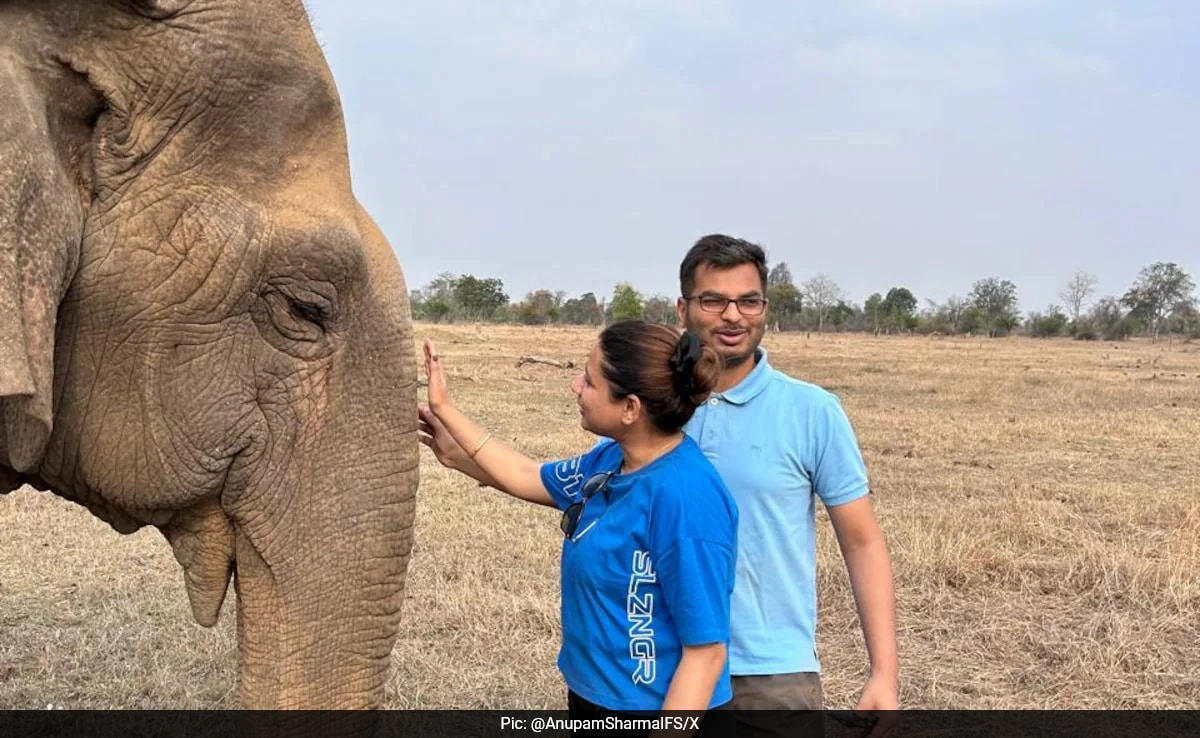Asia’s oldest elephant has sadly passed away at the Panna Tiger Reserve, marking a significant loss not only for the reserve but also for the larger wildlife community in India. This majestic elephant, revered for its age and wisdom, had become a symbol of resilience and strength in the region. The news of its demise has been met with an outpouring of grief from conservationists, wildlife enthusiasts, and the local community, all of whom recognized the elephant as a vital part of their ecosystem and cultural heritage.
The elephant, believed to be over 80 years old, had spent decades roaming the forests of the Panna Tiger Reserve, contributing to the rich biodiversity of the area. Its presence attracted visitors from across the country and beyond, who were eager to witness its grandeur and learn about the important role elephants play in maintaining the health of their habitats. As a keystone species, elephants help in seed dispersal and the management of forest growth, ensuring the longevity of various plant and animal species. The loss of such an iconic figure raises concerns about the conservation efforts in the region and the future of other wildlife that depends on the delicate balance of their ecosystem.
The Panna Tiger Reserve, known for its diverse wildlife and stunning landscapes, has faced challenges in recent years, including habitat loss and poaching. The death of Asia’s oldest elephant serves as a poignant reminder of the fragility of wildlife populations and the urgent need for ongoing conservation efforts. Wildlife experts are calling for increased awareness and action to protect the remaining elephant populations and their habitats, emphasizing that the survival of these majestic creatures is intricately linked to the health of the entire ecosystem.
Moreover, this event highlights the importance of community involvement in conservation. Local communities play a crucial role in protecting wildlife and their habitats by fostering a sense of stewardship and responsibility toward nature. Educational programs and initiatives that engage local populations can help build a culture of conservation, ensuring that future generations understand the value of preserving wildlife and biodiversity. The loss of this beloved elephant should galvanize support for conservation efforts, not only in Panna but throughout Asia, as we strive to safeguard the future of these incredible animals and the ecosystems they inhabit.




